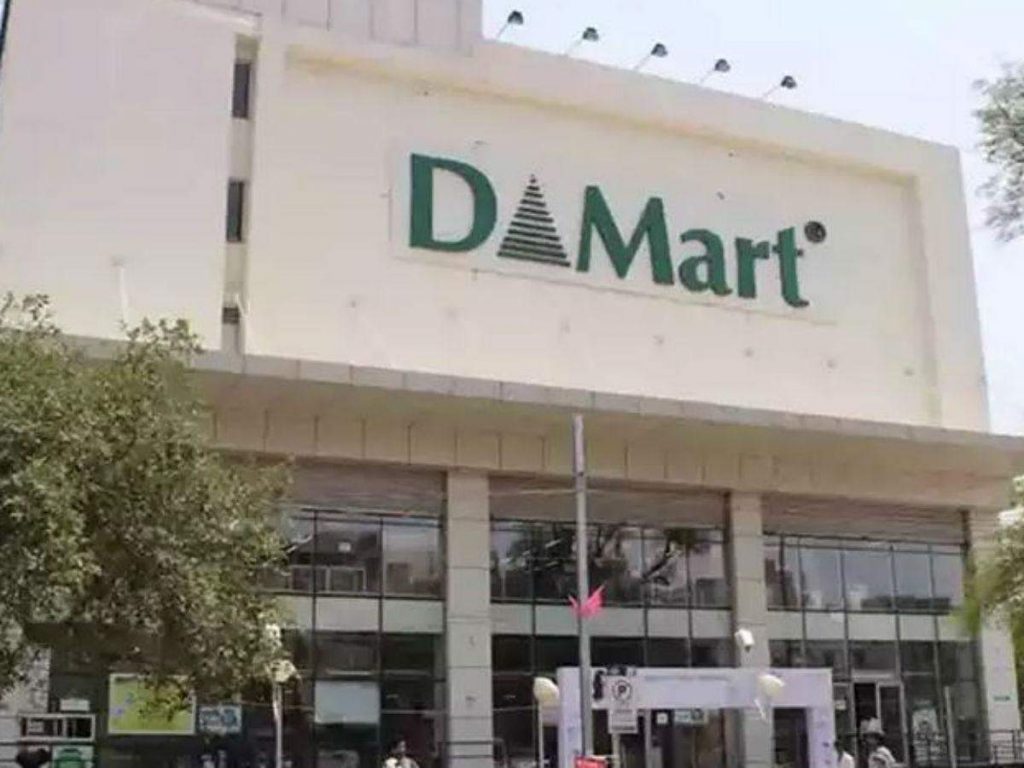
Image source: text master
India’s retail enterprises are concentrating on developing their new retail brands into new market areas. India’s retail sector contributes roughly 10% of the country’s GDP.
1- Reliance Retail:

Reliance Retail is a subsidiary of Mukesh Ambani’s Reliance Industries Limited, India’s largest company. It was founded in 2006. India’s largest retailer in terms of reach, scale, revenue, and profitability. Food, consumables, garments, footwear, toys, home improvement products, electronic goods, farm equipment, and other items are available at Reliance Retail stores.
2- Trent Limited:

Trent Limited, an Indian retail company, is a Tata Group subsidiary. It was founded in 1998, and the company’s headquarters are in Mumbai, Maharashtra. The company operates the lifestyle retail brand Westside, as well as the hypermarket chain Star Bazaar, the books and music chain Landmark, and the complete family fashion store Fashion Yatra. There are 174 Westside stores in 90 locations and 133 Judio outlets in 57 cities, according to the company.
Clothing, footwear, and accessories for men, women, and children are available, as well as furnishings, antiquities, and a variety of home accessories on the westside. The Star Bazaar hypermarket network sells a variety of foods, beverages, health and beauty products, as well as vegetables, fruits, dairy, and non-vegetarian items.
3- Avenue Supermarts:

Radhakishan Damani launched Avenue Supermarts Limited in 2002 as an Indian retail company. DMart is a one-stop supermarket that aims to offer customers a wide range of basic household and personal products in one convenient location.
Food, toiletries, beauty items, clothes, kitchenware, bed and bath linen, household appliances, and more are all available at DMart stores. With 188 sites in Maharashtra, Gujarat, Andhra Pradesh, Madhya Pradesh, Karnataka, Telangana, Chhattisgarh, NCR, Tamil Nadu, Punjab, and Rajasthan, DMart has established a strong foothold.
4- Aditya Birla Fashion :

The Aditya Birla Group founded Aditya Birla Fashion & Retail Limited in 1997 as an Indian fashion retail enterprise. The brand specialises in fine Indian clothes, and Pantaloons debuted its first store in Kolkata’s Gariahat.
The company’s headquarters are in Mumbai, Maharashtra. It operates over 3000 locations across India, with a presence in about 25,000 multi-brand outlets and over 6,500 Points of Sales in department stores.
5- V-Mart Retail:

Lalit Agarwal launched V-Mart Retail in 2002 as an Indian fashion store. Its headquarters are in Mumbai, Maharashtra. Its key motto is “Price Less Fashion.” It operates 368 stores in 235 locations across 26 Indian states, covering 3.2 million square feet of retail space.
Top Emerging Trends to Watch in 2022 for Retailers
Technology will continue to be a key facilitator for a successful shopper-retailer interaction in the future.
1- Personalization is the driving force behind retail loyalty and success:
Consumers have grown accustomed to individualized digital experiences on platforms such as Netflix, Spotify, and Amazon, among others, and a personalized buying experience is gaining popularity. According to studies, 75% of customers are more likely to buy from a store that knows their name and makes recommendations based on their previous purchases.
2- Ways to make the most of your brick-and-mortar space:
Consumers nowadays visit shops for experiences rather than only to handle and exchange items. Physical establishments must become more inventive to engage with customers and give them positive experiences. Retailers vacated a record 145 million square feet in 2018, but they’re coming up with new methods to engage customers and give a pleasant shopping experience.
3- Checkout Counters Are Disappearing:
By their overall preference for automation and self-service, customers anticipate a fast, seamless, and efficient end-to-end procedure. Retailers are addressing the problem by investing in cashier-less options such as self-checkout kiosks and even technology that will allow stores to operate entirely without cashiers.
4- Packaging and delivery tactics are differentiators in the retail process:
Packaging has a significant impact on delivery. Packaging should, in theory, convey a pleasant brand experience while also assuring product quality when delivered.
Smart packaging, on the other hand, can go beyond mere sustainability by allowing for refilling and reordering. These automatic replenishment delivery strategies offer the possibility for recurring revenue by transforming physical sales into future e-commerce purchases. Customer loyalty and brand differentiation are driven by a positive delivery experience and packaging.
5- Voice assistants are becoming increasingly popular:
Interacting with voice assistants has become a common part of managing day-to-day tasks and activities as smart gadgets become more common. This trend is not limited to the retail industry.
